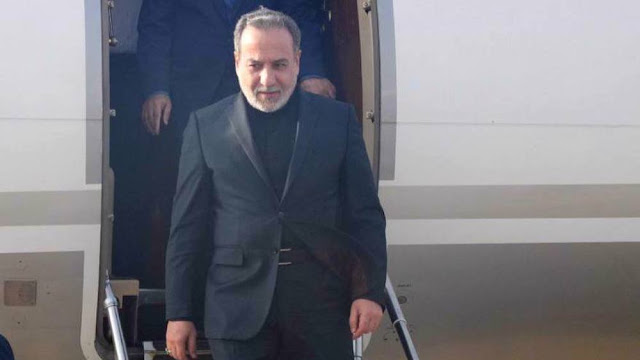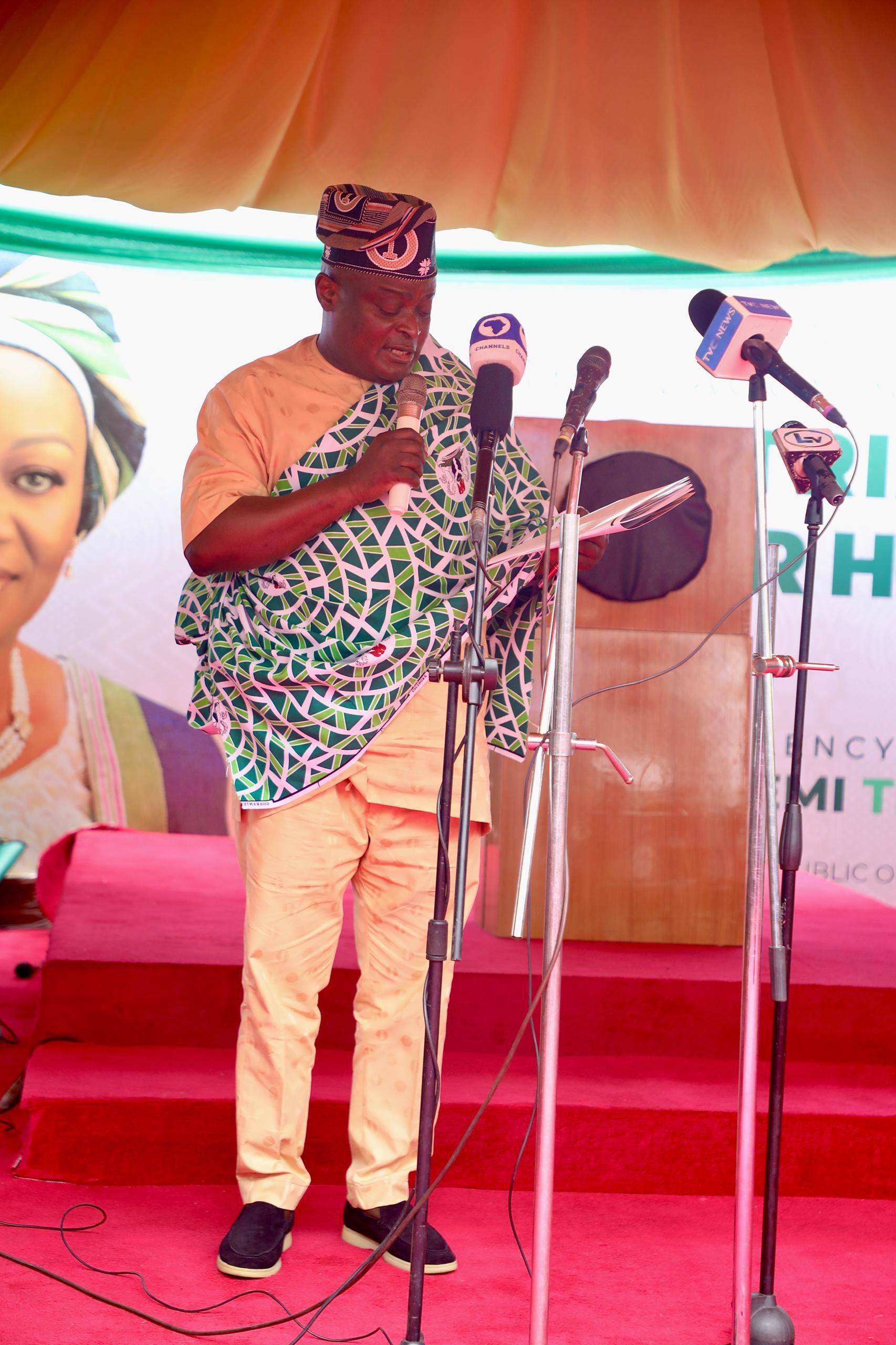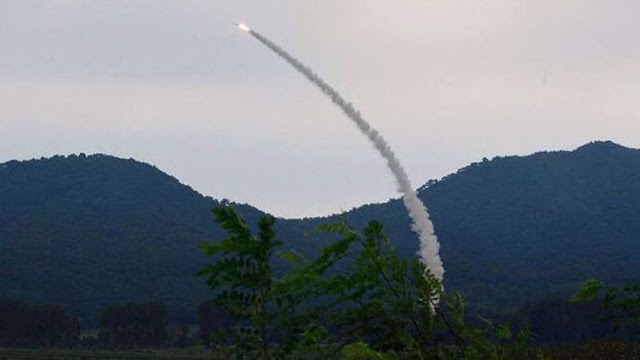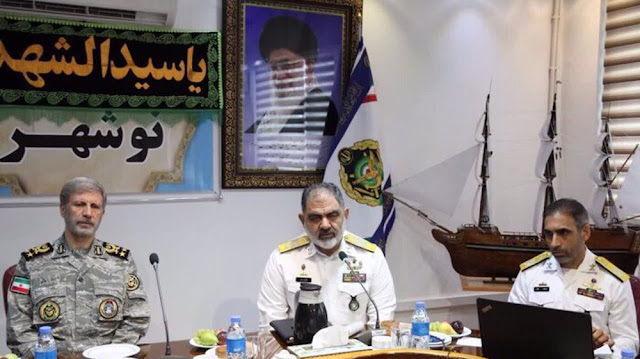Iranian Foreign Minister Abbas Araghchi arrives in Saudi Arabia’s city of Jeddah on August 24, 2025.
On Sunday, August 24, 2025, Iranian Foreign Minister Abbas Araghchi arrived in Jeddah, Saudi Arabia, leading a high-level diplomatic delegation to attend an extraordinary meeting of the Organization of Islamic Cooperation (OIC) Council of Foreign Ministers. The two-day summit, set to commence on Monday, was convened at the behest of Iran and several other member states to address the escalating humanitarian crisis in the Gaza Strip, Israel’s ongoing military operations, and the broader implications of its policies in the region. This article provides an in-depth analysis of Araghchi’s visit, the objectives of the OIC meeting, the geopolitical context, and the broader ramifications for the Muslim world and international peace.
The Context of the OIC Meeting
The OIC, an intergovernmental organization comprising 57 member states, is the second-largest international body after the United Nations, representing the collective voice of the Muslim world. Its extraordinary meeting in Jeddah was prompted by the dire situation in Gaza, where Israel’s military campaign, described by many as genocidal, has led to unprecedented levels of death, destruction, and displacement. The meeting aims to coordinate the positions and responses of member states, focusing on halting Israel’s actions, addressing the humanitarian disaster, and seeking accountability for alleged war crimes.
The timing of the meeting is critical. Israel’s planned occupation of Gaza City, coupled with its sustained military operations, has exacerbated an already catastrophic situation. According to reports, the conflict, which intensified following Hamas’s Operation Al-Aqsa Storm on October 7, 2023, has resulted in the deaths of at least 62,622 Palestinians, predominantly women and children. The war, widely perceived as backed by the United States, has drawn international condemnation for its devastating impact on civilians and infrastructure, with accusations of genocide and starvation tactics leveled against Israel.
Against this backdrop, Araghchi’s arrival in Jeddah signals Iran’s intent to play a leading role in galvanizing Muslim nations to address the crisis. The Iranian foreign minister’s agenda includes not only participating in the OIC discussions but also holding bilateral meetings with counterparts from other Muslim countries to strengthen diplomatic ties and forge a unified stance.
Araghchi’s Call for Collective Action
In an article published in the Saudi-based newspaper Asharq al-Awsat ahead of the OIC meeting, Araghchi articulated a powerful message, warning that Israel’s pursuit of a “Greater Israel” poses an existential threat to international peace and security. He described the concept of a “Greater Israel” as an illusion rooted in expansionist ambitions, arguing that it undermines the sovereignty of neighboring states and fuels instability across the Middle East. Araghchi called on Muslim nations to take collective action to counter Israel’s agenda, emphasizing that the Jeddah meeting must serve as a “turning point” to solidify the resolve of OIC member states.
“The illusion of a ‘Greater Israel’ represents an existential danger and a grave threat to international peace and security,” Araghchi wrote. “The upcoming session must serve as a turning point to solidify the collective resolve of Muslim states.”
This rhetoric reflects Iran’s longstanding position on Israel, which it views as an occupying entity responsible for decades of oppression against the Palestinian people. Araghchi’s article underscores the urgency of addressing the Gaza crisis not only as a humanitarian issue but also as a geopolitical challenge that demands a coordinated response from the Muslim world. By framing the issue in terms of collective action, Araghchi is seeking to bridge divides among OIC members, some of whom have differing views on how to engage with Israel and its Western allies.
The Gaza Crisis: A Humanitarian and Political Catastrophe
The Gaza Strip, a densely populated enclave of approximately 2 million people, has been at the heart of the Israeli-Palestinian conflict for decades. Israel’s blockade of Gaza, in place since 2007, has severely restricted the movement of goods and people, contributing to chronic poverty, unemployment, and a lack of basic services. The situation deteriorated sharply after October 7, 2023, when Hamas launched Operation Al-Aqsa Storm, a surprise attack on Israel in response to years of occupation, settlement expansion, and violence against Palestinians.
Israel’s retaliation was swift and devastating. Backed by military and diplomatic support from the United States, Israel launched a large-scale offensive that has been described as a genocidal war. The campaign has targeted civilian infrastructure, including hospitals, schools, and residential areas, leading to a staggering death toll. As of August 2025, at least 62,622 Palestinians have been killed, with women and children making up the majority of the casualties. The war has also displaced hundreds of thousands of people, creating one of the worst humanitarian crises in recent history.
The OIC meeting in Jeddah aims to address three key issues: the humanitarian disaster in Gaza, strategies to end Israel’s military actions, and the pursuit of accountability for alleged war crimes. The agenda includes discussions on providing emergency aid to Gaza’s population, advocating for a ceasefire, and exploring legal avenues to hold Israeli officials accountable for violations of international law. The meeting also seeks to counter Israel’s planned occupation of Gaza City, which many fear could further entrench the occupation and exacerbate the suffering of Palestinians.
Iran’s Role in the OIC and Regional Diplomacy
Iran’s proactive role in convening the OIC meeting reflects its broader ambitions to assert leadership in the Muslim world. As a predominantly Shia nation, Iran has often faced challenges in aligning with the Sunni-majority OIC, particularly with influential members like Saudi Arabia. However, recent years have seen a thawing of relations between Iran and Saudi Arabia, facilitated by diplomatic efforts and shared concerns about regional stability. Araghchi’s visit to Jeddah is a testament to this evolving relationship, as well as Iran’s desire to leverage the OIC platform to advance its foreign policy objectives.
During the meeting, Araghchi is expected to hold bilateral discussions with foreign ministers from key Muslim countries, including Saudi Arabia, Turkey, Qatar, and Egypt. These meetings aim to strengthen diplomatic coordination and build consensus on addressing the Gaza crisis. Iran’s outreach is particularly significant given the diverse perspectives within the OIC, where some members maintain diplomatic ties with Israel, while others, like Iran, reject any form of normalization.
Araghchi’s presence in Jeddah also underscores Iran’s strategic positioning in the region. By championing the Palestinian cause, Iran seeks to bolster its credentials as a defender of Muslim rights, while simultaneously challenging the influence of Israel and its Western allies. This approach aligns with Iran’s broader geopolitical strategy, which includes supporting resistance movements like Hamas and Hezbollah, while advocating for a multipolar world order that counters Western dominance.
Saudi Arabia’s Role as Host
Saudi Arabia’s decision to host the OIC meeting in Jeddah is significant, given its status as a leading Sunni power and a key player in Middle Eastern politics. The Kingdom has historically played a central role in the OIC, leveraging its custodianship of Islam’s holiest sites to influence the organization’s agenda. By hosting the meeting, Saudi Arabia is signaling its commitment to addressing the Gaza crisis, while also navigating the complex dynamics of its relationships with Iran, Israel, and the United States.
In recent years, Saudi Arabia has pursued a delicate balancing act in its foreign policy. While maintaining strong ties with the United States, the Kingdom has also explored normalization with Israel, particularly in the context of the Abraham Accords. However, these efforts have faced resistance from segments of the Saudi public and the broader Muslim world, who view the Palestinian cause as a non-negotiable priority. The OIC meeting provides Saudi Arabia with an opportunity to reaffirm its support for Palestine, while also engaging with Iran and other member states to address shared concerns.
The choice of Jeddah as the venue is symbolic, given its proximity to Mecca and Medina, which hold immense spiritual significance for Muslims worldwide. The city’s selection underscores the OIC’s framing of the Gaza crisis as a moral and religious issue, in addition to its political and humanitarian dimensions.
The Broader Geopolitical Context
The Jeddah meeting takes place against a backdrop of heightened geopolitical tensions in the Middle East. The Israeli-Palestinian conflict remains a flashpoint, with implications for regional stability and international relations. The United States’ unwavering support for Israel, including military aid and diplomatic cover at the United Nations, has drawn criticism from many OIC members, who view it as enabling Israel’s actions in Gaza. At the same time, the U.S. has sought to broker normalization agreements between Israel and Arab states, a process that has been complicated by the ongoing war.
Iran’s participation in the OIC meeting also reflects its rivalry with Israel and the United States. By advocating for collective action against Israel’s “expansionist agenda,” Iran is positioning itself as a counterweight to Western influence in the region. This stance resonates with many OIC members, particularly those who have faced Western sanctions or interventions, but it also risks deepening divisions within the organization, as some members prioritize pragmatic engagement with Israel and its allies.
The meeting also highlights the growing role of regional powers like Turkey and Qatar, which have been vocal in their support for Palestine. Turkey, under President Recep Tayyip Erdogan, has taken a hardline stance against Israel, while Qatar has played a key role in mediating ceasefire talks and providing humanitarian aid to Gaza. The convergence of these actors in Jeddah underscores the complexity of the regional landscape, where alliances and rivalries coexist in a delicate balance.
Implications for the Muslim World and Beyond
The OIC meeting in Jeddah has far-reaching implications for the Muslim world and the international community. Below are some of the key implications:
Unified Stance on Palestine: The meeting provides an opportunity for OIC members to forge a unified stance on the Palestinian issue, which has often been a point of contention due to differing national interests. A strong, coordinated response could amplify the organization’s influence in international forums like the United Nations.
Humanitarian Response: The Gaza crisis demands urgent humanitarian action, including the provision of food, medical supplies, and shelter to displaced populations. The OIC’s discussions on emergency aid could lead to concrete commitments from member states, as well as partnerships with international organizations.
Legal Accountability: The call to bring “criminal Zionists” to trial reflects a growing emphasis on legal accountability for alleged war crimes. The OIC could push for investigations by international bodies like the International Criminal Court (ICC), though this would face resistance from Israel and its allies.
Iran-Saudi Relations: Araghchi’s visit to Saudi Arabia and his bilateral meetings with Saudi officials could further strengthen the thawing of ties between the two nations. A cooperative relationship between Iran and Saudi Arabia would have significant implications for regional stability, particularly in conflict zones like Yemen and Syria.
Global Perceptions of the OIC: The meeting’s outcomes will shape perceptions of the OIC as a relevant and effective international organization. A successful summit could enhance the OIC’s credibility, while failure to achieve consensus could undermine its influence.
Challenges and Opportunities
The Jeddah meeting faces several challenges, including the diversity of interests among OIC members, the complexity of the Gaza crisis, and the geopolitical pressures exerted by external powers. Bridging divides between members with differing views on Israel, such as those pursuing normalization versus those advocating confrontation, will require skillful diplomacy. Additionally, translating the meeting’s discussions into actionable outcomes, such as a ceasefire or humanitarian aid, will depend on the willingness of member states to commit resources and political capital.
However, the meeting also presents significant opportunities. By rallying around the Palestinian cause, the OIC can strengthen its moral authority and foster greater unity among its members. The summit could also serve as a platform for innovative solutions, such as coordinated sanctions against Israel, increased humanitarian funding, or advocacy for Palestinian statehood.
For Iran, the meeting offers a chance to enhance its leadership credentials and build alliances with other Muslim nations. Araghchi’s proactive engagement, both in the OIC sessions and through bilateral meetings, could pave the way for stronger diplomatic ties and a more assertive Iranian role in regional affairs.
Conclusion
The arrival of Iranian Foreign Minister Abbas Araghchi in Jeddah for the OIC’s extraordinary meeting marks a critical moment in the Muslim world’s response to the Gaza crisis. The summit, convened to address Israel’s actions and the humanitarian disaster in Gaza, represents a call to action for OIC member states to unite against a shared challenge. Araghchi’s leadership, underscored by his powerful article in Asharq al-Awsat, reflects Iran’s commitment to championing the Palestinian cause and countering Israel’s policies.
As the OIC meeting unfolds, its outcomes will have profound implications for the Palestinian people, the Muslim world, and the broader international community. By addressing the humanitarian, political, and legal dimensions of the Gaza crisis, the OIC has the potential to make a meaningful impact, provided it can overcome internal divisions and external pressures. Araghchi’s visit, set against the backdrop of improving Iran-Saudi relations, also highlights the evolving dynamics of Middle Eastern politics, where cooperation and confrontation coexist in a complex interplay.
The Jeddah meeting is more than a diplomatic gathering; it is a test of the Muslim world’s resolve to confront one of the most pressing issues of our time. Whether it serves as the “turning point” Araghchi envisions will depend on the collective will of the OIC and the actions of its member states in the weeks and months ahead.





